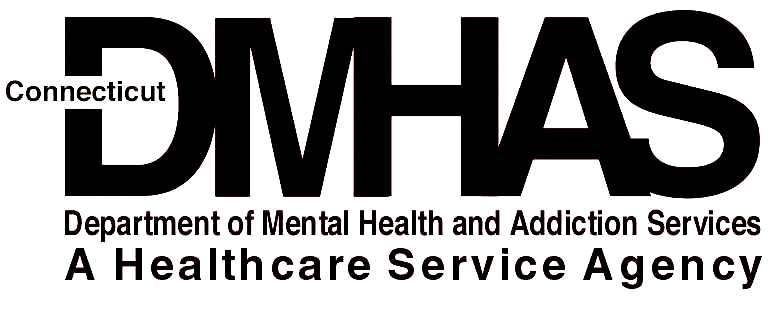 |
Information . . . foundation for good policy |
|
Governor M. Jodi Rell |
Commissioner Thomas A. Kirk, Jr. , Ph.D. |
"Listen and Learn: Part II"
"Listen and Learn: DMHAS 2007 Consumer Survey"
A snapshot of the DMHAS 2007 Consumer Survey as well as a few direct quotes from consumers.
"Meeting the Needs of Trauma Survivors"
Addressing trauma in providing care for people with mental health and substance use disorders is essential to recovery.
"State Troopers Helping State Troopers"
Police officers are routinely confronted with traumatic situations in the line of duty. Read about a new program that assists Connecticut State Police officers.
May 24, 2007
A three-year initiative to enhance the behavioral health service system for women in a way that is trauma-informed, gender-specific, and that promotes self-determination.
May 3, 2007
“Better Care = Better Value”
The innovative General Assistance Intensive Case Management Program (GAICM) was initiated by DMHAS to bring improved care to individuals with frequent admissions to acute care by applying managed care technology that helps to better connect people with the care they need.
“Supportive Housing: Better Care, Better Value”
Supportive housing provides safe, permanent and affordable housing for previously homeless and at-risk persons and families and helps to build healthy communities.
March 23, 2007
“Problem Gambling Services”
The statewide organization responsible for problem gambling treatment, prevention and intervention services is the nation’s oldest continuously operating outpatient treatment service for problem gamblers.
March 8, 2007
“Getting Down to Basics”
The DMHAS Basic Needs Program provides critical recovery supports for General Assistance recipients who are engaged in behavioral health treatment.
March 1, 2007
"Hartford Project Attacks Gridlock"
Gridlock in CT's mental health and substance use healthcare system is eased by several DMHAS initiatives. Dramatic results have been achieved in the Hartford Alternative to Hospitalization Project.
February 22, 2007
"Improving Care AND Good Resource Management"
Improving care AND good resource management go hand-in-hand when treating heroin addiction using effective "OATP" treatment protocols.
February 13, 2007
"Busting the Catch 22"
Learn how the DMHAS healthcare system is now addressing the unmet needs of people with co-occurring mental illness and substance use disorders with evidence-based treatment practices.
February 1, 2007
"Setting Substance Abuse Treatment Priorities – Determining Need"Understanding people and their specific needs is fundamental to providing effective services to help people with substance use disorders. Learn about DMHAS treatment needs assessments and some of the findings.
January 18, 2007
"Recovery In Motion"
Transportation is a challenge for many people with mental health disorders. Read about the highly successful RIDE Program in which people in recovery provide transportation services for their peers.

